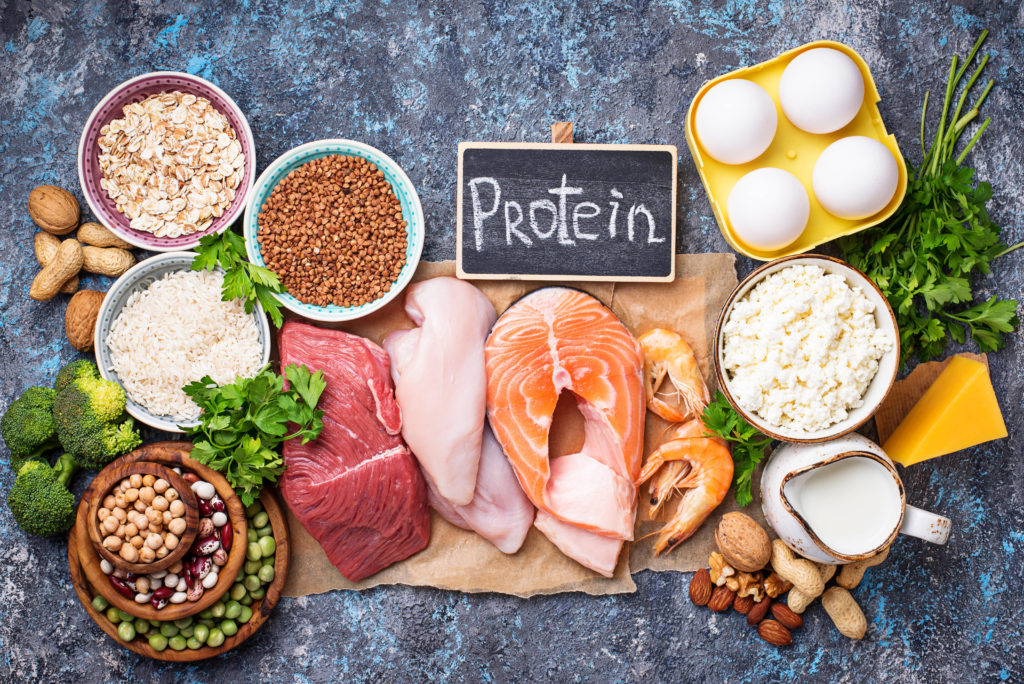Fasting can be a challenging experience, especially if you’re used to eating regularly throughout the day. One of the biggest obstacles people face during a fast is hunger. However, there are several strategies you can use to help overcome hunger during fasting and stay satisfied and focused during your fast. In this blog, we’ll explore some effective tips for overcoming hunger during fasting, so you can successfully complete your fast and reap its potential health benefits.
Table of Contents
Overview of Fasting & Challenge Of Overcoming Hunger During Fasting
Fasting has been used for centuries as a means of spiritual or physical purification, but its potential health benefits have led to renewed interest in recent years. However, one of the biggest challenges of fasting is hunger, especially for those used to eating regularly throughout the day.
To overcome hunger during fasting, several strategies can be used, including staying hydrated with water and other non-caloric fluids, incorporating nutrient-dense foods before and after the fast, practicing mindful eating, and using alternate fasting protocols. By understanding the source of hunger and incorporating these strategies, you can successfully complete your fast and potentially reap its benefits.
Understand the Source of Your Hunger
Understanding the source of your hunger is key to successfully managing it during a fast. Hunger can stem from physical needs, such as your body’s need for energy or nutrients, or from emotional or psychological factors, such as stress or boredom.
By paying attention to your hunger signals, you can better understand the source of your hunger and take steps to manage it. For example, if you are physically hungry, drinking water or consuming nutrient-dense foods can help satisfy your hunger. If your hunger is emotional or psychological, practicing mindfulness or engaging in a distracting activity can help alleviate your cravings.
Drink Plenty of Water and Other Non-Caloric Fluids
Drinking plenty of water and other non-caloric fluids is an important strategy to overcome hunger during fasting. Water can help you feel full and satisfied, while also supporting your body’s natural detoxification processes. In addition to water, you can also drink herbal tea, black coffee, or other non-caloric beverages to help manage hunger. Just be sure to avoid sugary drinks or anything with calories, as this can break your fast and interfere with your body’s natural fasting processes. Aim to drink at least 8-10 glasses of water per day during your fast, and consider carrying a reusable water bottle with you to help you stay hydrated throughout the day.

Incorporate Nutrient-Dense Foods Before and After Your Fast
Incorporating nutrient-dense foods into your diet before and after a fast can help manage hunger and keep you feeling satisfied. Focus on consuming whole foods that are high in fiber, protein, and healthy fats, such as fruits, vegetables, nuts, seeds, lean meats, and fish. These foods provide essential nutrients that can support your body during a fast and help prevent nutrient deficiencies.
It’s also important to gradually ease back into eating after a fast, starting with small, nutrient-dense meals that are easy to digest. Avoid consuming large, heavy meals that can overwhelm your digestive system and lead to discomfort or digestive issues. Instead, opt for light meals that include a variety of nutrient-dense foods to support your body’s recovery and help you stay satisfied.
Include Food That Contains Protein and Healthy Fats
Including protein and healthy fats in your meals can help manage hunger and keep you feeling satisfied during a fast. Protein is particularly effective at increasing feelings of fullness and can help reduce cravings for high-carbohydrate or high-sugar foods. Some great sources of protein are lean meats, fish, eggs, beans, and legumes.
Healthy fats, such as those found in nuts, seeds, avocado, and olive oil, can also help manage hunger by slowing down the digestion of food and promoting feelings of fullness. Additionally, they can provide important nutrients that your body needs to function properly. When planning your meals before and after a fast, aim to include a balance of protein, healthy fats, and complex carbohydrates. This will help keep your blood sugar stable and prevent sudden spikes or drops in energy levels.
Try Intermittent Fasting or Alternate-Day Fasting
Intermittent fasting and alternate-day fasting are popular fasting protocols that can help manage hunger during a fast. Intermittent fasting involves restricting food intake to a specific window of time each day, while alternate-day fasting involves alternating between days of regular eating and days of restricted calorie intake. Both methods have been shown to potentially improve metabolic health, reduce inflammation, and promote weight loss. However, it’s important to consult with a healthcare professional before attempting any fasting protocol to ensure that it’s safe for you.

How to Practice Mindful Eating?
Mindful eating involves paying attention to the sensory aspects of food and the experience of eating, without judgment or distraction. This practice can help you become more attuned to your body’s hunger and fullness signals, which can help you better overcome hunger during fasting.
Some Strategies for Practicing Mindful Eating:
- Take your time: Slow down and savor each bite, paying attention to the taste, texture, and aroma of your food.
- Eliminate distractions: Turn off the TV and put away your phone to minimize distractions while you eat.
- Engage Your Senses: Notice the colors, smells, and sounds of your food as well as the sensation of chewing and swallowing.
- Check in With Your Body: Pause periodically during your meal to assess your level of hunger and fullness.
- Practice Gratitude: Take a moment to appreciate the nourishment and enjoyment that food provides.
By practicing mindful eating, you can cultivate a deeper appreciation for the experience of eating and develop a more intuitive relationship with your body’s hunger and fullness cues.
Conclusion
Overcoming hunger during a fast can be challenging, but there are several strategies you can use to help stay satisfied and focused. Drinking plenty of water and other non-caloric fluids, incorporating nutrient-dense foods before and after your fast, including protein and healthy fats in your meals, and practicing mindful eating are all effective ways to manage hunger during a fast. Additionally, experimenting with different fasting protocols, such as intermittent fasting or alternate-day fasting, may also be helpful. With a little planning and mindfulness, you can successfully overcome hunger during your fast and reap the potential health benefits of fasting.
Frequently Asked Questions (FAQs)
- Can drinking too much water cause hunger during a fast?
No, drinking water can actually help reduce feelings of hunger during a fast by filling up your stomach and promoting feelings of fullness. However, be sure not to overdo it as drinking excessive amounts of water can also be harmful. - What are some nutrient-dense foods that can help manage hunger during a fast?
Some examples of nutrient-dense foods that can help manage hunger during a fast include lean proteins, healthy fats, complex carbohydrates, and fiber-rich vegetables. - Is it normal to feel hungry during a fast?
Yes, feeling hungry is a normal part of fasting, especially during the first few days. However, hunger usually subsides as the body adjusts to the fast. - Can exercise help manage hunger during a fast?
Yes, exercising during a fast can help manage hunger by reducing appetite and promoting feelings of fullness. However, be sure to listen to your body and adjust your exercise routine accordingly. - Are there any risks associated with fasting for extended periods of time?
Extended fasting can carry some risks, such as dehydration, electrolyte imbalances, and malnutrition. It’s important to consult with a healthcare professional before starting an extended fast and to listen to your body throughout the fast to ensure your safety and well-being.







